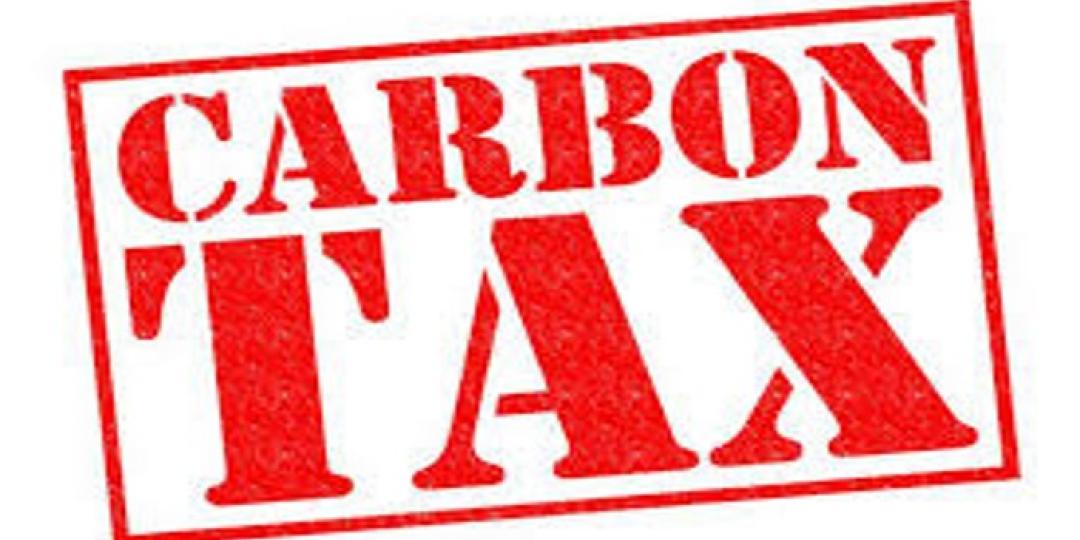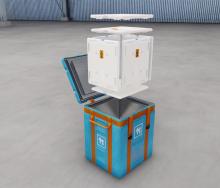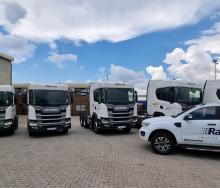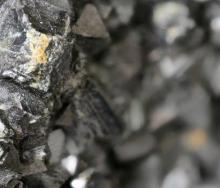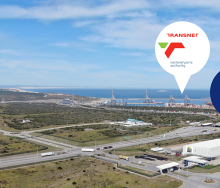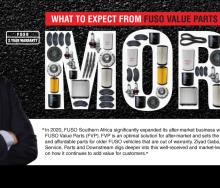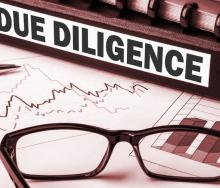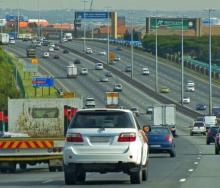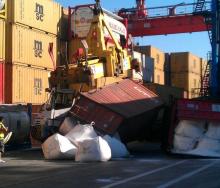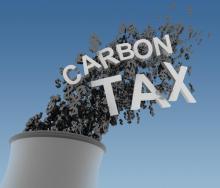The much anticipated and long overdue Carbon Tax Act came into effect on the 1st of June. This after President Cyril Ramaphosa signed the Carbon Tax Bill into law. During the Minister of Finance’s budget speech in February it was announced that a carbon tax levy on fuel would be levied at 9c/litre on petrol and 10 c/litre on diesel effective from 5 June, a burden to be carried by both companies and consumers.
The 1st of June marked the commencement of the first phase of the Carbon Tax Act, which will continue up until 31 December. The second phase will commence thereafter which will start in 2023 and end in 2030. These phases have been aligned with South Africa’s National Determined Contributions targets to reduce greenhouse gas emissions, determined in accordance with the Paris Agreement. The goal is to reduce greenhouse gas emissions by at least 34% by 2020 and 42% by 2025.
How will carbon tax work?
According to the Act, any person who conducts an activity and emits greenhouse gas emissions (fuel combustion, industrial processes, and fugitive emissions) in the Republic above the prescribed threshold will be liable for carbon tax. However, the thresholds have mostly been set for the energy, manufacturing, construction and transportation sectors - and this includes heat and electricity recovery from waste. However it excludes the waste sector and agriculture, forest and other land use sectors.
The initial marginal carbon tax rate on a taxpayer’s greenhouse gas emission has been set at R120 per ton carbon dioxide equivalent. However, due to South Africa’s struggling economy, the carbon tax will range between R6-R48 per ton carbon dioxide equivalent during the implementation phase which is much lower than the initial rate of R120 per ton carbon dioxide equivalent. The implementation model is basically complemented by tax incentives and revenue recycling measures to allow a smooth business transition with minimal economic impact. The Act creates the following allowances: basic tax-free allowance, fugitive emissions allowance, trade exposure allowance, performance allowance, carbon-budget allowance and offsets allowance. Thus, during the implementation phases the total tax-free allowance could reach a high of up to 95%.
Does carbon tax apply to my company, and if so, how do I go about assessing my position?
In order to have a holistic understanding of the Act’s legal and fiscal implication, it is suggested that companies should perform their assessments in the following manner:
Step one - Applicability
Companies must first determine whether the Act actually applies to their operations. Thereafter, it is imperative for companies to establish the practical implications of the Carbon Tax Act or the effect of the Act on a company’s business operations.
Ideally, this step should be a detailed legal synopsis or opinion on the implications of the Act and a preliminary assessment of the Act’s actual applicability to a company’s operation.
If the Act actually applies to a company, based on the preliminary assessment, the company should then proceed to the following subsequent steps which relate to establishing the fiscal or financial implication of the Act.
Step Two – Quantum
Companies should determine and establish how much carbon tax will be levied in respect of the companies’ total greenhouse gas emissions. This aspect will require someone with technical knowledge who will calculate the amount of carbon tax to be levied from a company.
Step Three – Financial Ramifications
Once a company has established that the Act applies to its operations and how much carbon tax will be levied from such company, the company should then proceed with seeking a broader understanding of the Act’s fiscal or financial implication.
In essence, the company will then require someone with tax, customs and commercial expertise to conduct a holistic financial assessment of the company’s financial position as far as the impacts of carbon tax are concerned.
One of the reasons for this step is that carbon tax will be collected by the South African Revenue Service and administered through the Customs and Excise Act, 1964.
As the commencement date draws closer and closer, it is recommended that companies should seek expert advice on the consequences of the Act to avoid unwarranted confusion when the Act actually kicks in and to attain proper understanding of the relevant regulatory requirements.
by Ayanda Msimang, associate at Shepstone & Wylie
